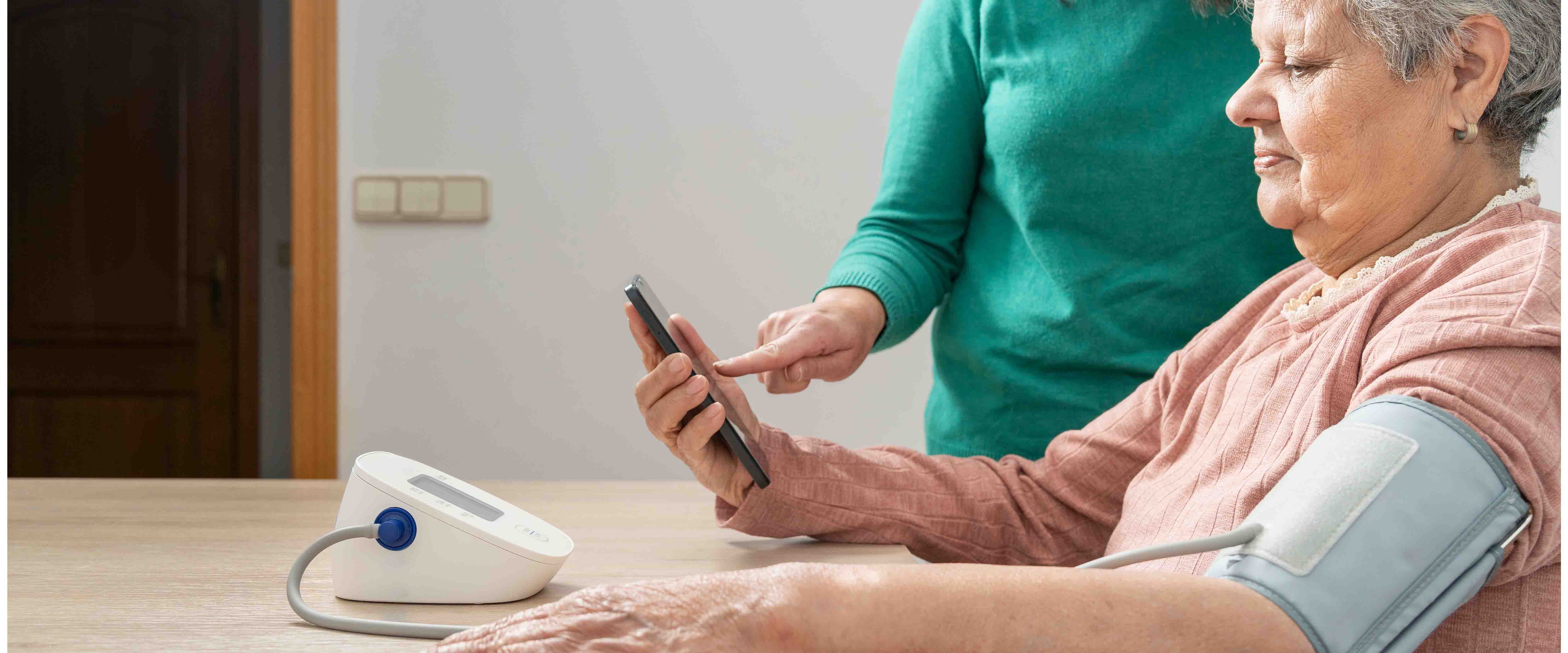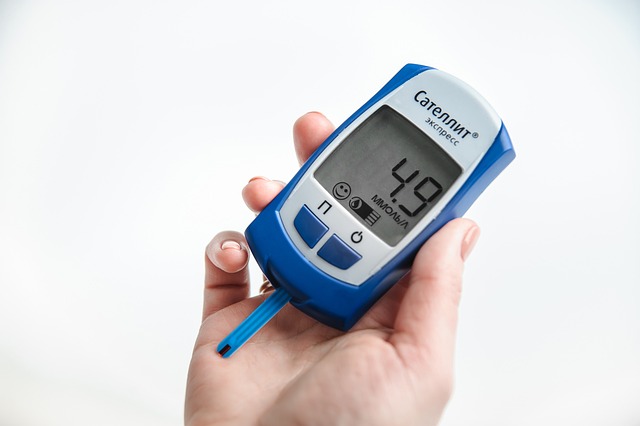Early symptoms of diabetes can save your life or prevent serious health problems. They can make you aware that you have diabetes, if you did not already know. Since diabetes symptoms result from high blood sugar levels, they can also inspire you to get your levels under control if you have not already been managing your diabetes.
Some symptoms of diabetes, such as neuropathy, kidney disease and wounds that do not heal, may show up a little later if your blood sugar stays high for months or years. In contrast, you may notice symptoms such as hunger and thirst before you know that you have diabetes or soon after your diagnosis.
See your doctor if you have excessive hunger and thirst, any other symptoms of diabetes, or any changes in your body that you cannot explain. You might go to your doctor specifically to ask about diabetes, or you might be surprised to find out that your symptoms are a sign of diabetes. This is what you should know about excessive hunger and thirst due to diabetes.
Glucose in Your Body
Why would you be extra hungry if your blood sugar is high? Wouldn't you expect to feel full with all that ready-to-use sugar inside of you?
Normally, yes. You eat food with carbohydrates, your body breaks down the carbs into a type of sugar called glucose, and you feel full.
- Your muscles can use the glucose for energy.
- Your muscles and liver can store the glucose for energy later, when you have not eaten recently.
- Your fat cells can store extra glucose as fat.
- Your kidney and liver cells stop making glucose when they detect that it is in your bloodstream.
Diabetic Hunger or Hyperphagia
But here is the thing: these normal, healthy responses require insulin. The responses go awry when your body has insulin resistance. Your muscles, liver, and fat cells cannot remove the glucose from your blood and use it properly. Instead, your blood glucose levels stay high and your muscles do not have the fuel they need.
You are starving!
Eating more will not help. Extra food will only add extra glucose to your already-loaded bloodstream. What you do need is a way to get that glucose into your cells. You need to:
- Increase insulin sensitivity (the way your cells respond to insulin) with medications and/or lifestyle changes such as healthy weight loss and more physical activity,
- Increase your insulin levels by taking insulin, or
- Both.
Weight Loss as a Diabetes Symptom
One of the signs of high blood sugar is weight loss. That can be surprising, since weight loss is usually a good thing for general health and for preventing type 2 diabetes. If you are overweight, losing a few pounds can not only lower risk for heart disease, arthritis, and Alzheimer's. It can also lower your blood sugar levels if you have diabetes or prediabetes.
Still, weight loss is not always good. Unexplained weight loss, especially when combined with an unexplained increase in hunger, can be a sign of a problem. It could be a symptom of diabetes and uncontrolled high blood sugar. It shows that your fat cells are not storing as much fat as they normally would.
Unhealthy and Healthy Weight Loss in Diabetes
Now that you understand the link between uncontrolled high blood sugar and weight loss, the wheels in your mind may be spinning. "Maybe I can stop taking my diabetes medication so my body's cells cannot use sugar and I can lose weight!"
Don't do it!
Yes, that can be a weight loss strategy. It can also quickly land you in the hospital with severe hyperglycemia. Skip doses for months or more, and your risk of blindness, amputations, kidney disease, and other irreversible diabetes complications skyrockets.
If you want to lose weight, that is great. If you do it safely, you can lower your blood glucose levels and make diabetes management easier. Talk to your doctor about your weight loss plan and consider these moderate yet effective strategies.
- Choose more vegetables and lean proteins to reduce hunger.
- Try fruit, yogurt, or nuts instead of sugary or high-starch desserts such as cake, cookies, or ice cream.
- Drink water or unsweetened tea or coffee instead of sugar-sweetened coffee and tea beverages, sodas, and sports and energy drinks.
- Track your food intake to raise awareness of what you are eating.
- Ask your friends and family members if they are willing to eat healthy when they are with you.
Thirst and High Blood Sugar
Now you know why hunger is a sign of high blood sugar. You may also notice an increase in your thirst if you have type 2 diabetes. This symptom is also the result of too much sugar in your bloodstream. Your thirst is a sign of dehydration. Here is what happens.
- The concentration of glucose in your blood is higher than it should be.
- Your body wants to dilute the glucose to reduce the concentration to healthier levels.
- Your body pulls water to your bloodstream from where the water is available – tissues such as your muscles.
- Your muscles become dehydrated and let your brain know.
- Your brain tells you that you are thirsty.
Polydipsia and Polyuria: What Happens to All That Water?
So, you drink. And drink. And drink. Then you run to the bathroom. A lot. The formal term for excessive drinking is "polydipsia" and excessive urination is "polyuria." As common sense would suggest, all that fluid that you drink needs to come out of your body.
There is an additional twist, though. As the extra water that you drink is excreted from your body, so is extra sugar from your bloodstream. It is another way that your body tries to lower your blood sugar levels while insulin is not doing its job properly. This is a strain on your kidneys and a contributing factor to a higher risk for diabetes-related kidney disease.
Healthy Hydration
Take your excessive thirst seriously, since it is probably both a sign of dehydration and a symptom of diabetes. Drink as much extra fluid as your thirst demands while making smart choices. Avoid sugar-sweetened beverages and, when possible, get your fluids from calorie-free or low-calorie sources.
Treatment for Hunger and Thirst as Diabetes Symptoms
Diabetic symptoms such as increased hunger and thirst are signs that something is awry in your body. Contact your medical care provider if you are not already under care for your diabetes so that you can get the care you need, such as self-management guidelines and prescription medications.
You can take steps every day to lower your blood sugar and reduce your risk of diabetes complications. From losing weight, eating right, and getting more active to following your doctor's instructions for monitoring your blood sugar and taking any prescribed medication, your actions can make a difference.
Lark Diabetes Care can support you as you make those healthy choices, one by one, every day. Your digital health coach can give you reminders and track your progress as you commit to a healthy lifestyle for diabetes.



.jpg)








.webp)








